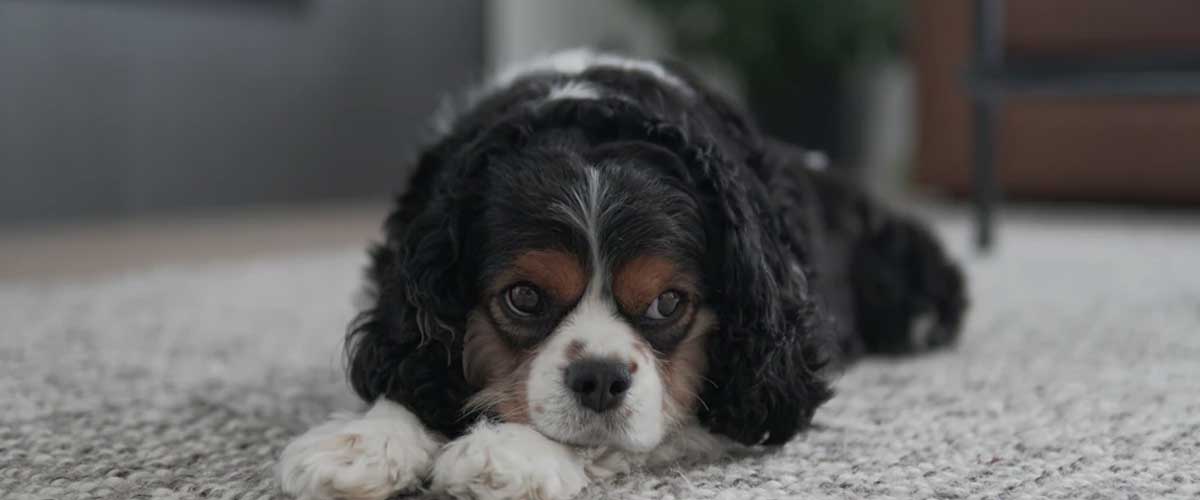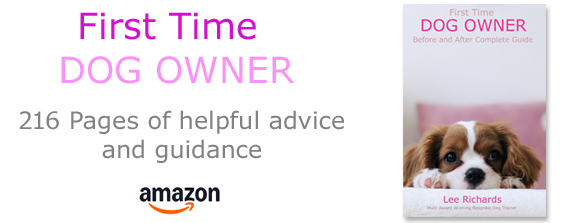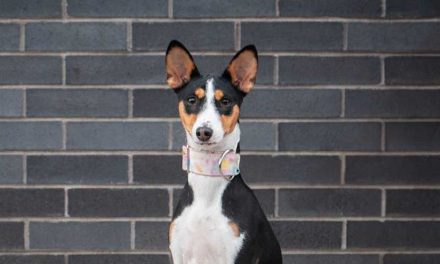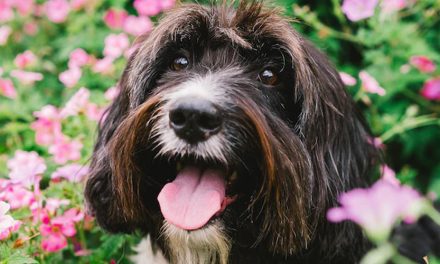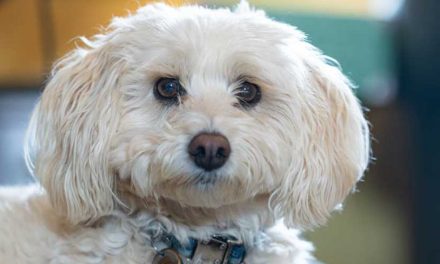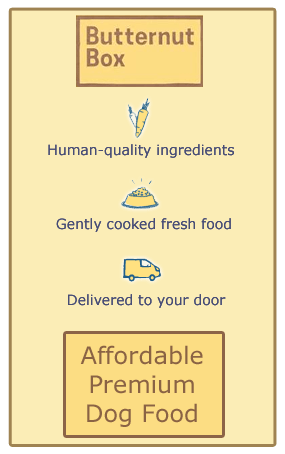As pet owners, we want to ensure our furry friends are happy and healthy.
However, many dogs experience anxiety, which can lead to digestive distress, a common issue seen in many canine companions.
To help your dog cope with anxiety and maintain a healthy digestive system, consider these innovative techniques that can foster a peaceful environment and improve their overall well-being.
1. Calm Environment
Creating a calm living space can significantly impact your dog’s anxiety levels.
Start by designating a safe zone for your dog, a comfortable area equipped with their bed, favorite toys, and blankets.
This space should be quiet and away from the daily hustle and bustle of your home.
You can also utilize calming pheromone diffusers or sprays available in pet stores, which can help reduce stress levels in dogs.
2. Interactive Toys and Puzzle Games
Keeping your dog mentally stimulated is crucial for minimizing anxiety.
Interactive toys and puzzle games can distract your dog from their stressors and provide a wholesome outlet for their energy.
These toys often require problem-solving skills and encourage gentle play that can soothe restless behavior.
By engaging your dog in interactive play, you help alleviate anxiety while also keeping their mind sharp.
3. Routine and Structure
Dogs thrive on routine. Establishing a consistent daily schedule can help your dog feel more secure and reduce anxiety.
Implement regular feeding times, daily walks, and play sessions to create a structured environment.
This predictability can be incredibly comforting, leading to less digestive distress that sometimes accompanies anxiety.
4. Training and Obedience Classes
Investing time in training and obedience classes can instill confidence in your dog and fortify the bond between the two of you.
A well-trained dog is less likely to feel anxious, as they understand what is expected of them.
Classes can provide socialization with other dogs, teaching your dog coping mechanisms in different environments.
This early exposure can alleviate anxiety triggers down the road.
5. Mindful Meditation Techniques
Believe it or not, mindfulness is not just for humans! Introducing your dog to mindful practices can be beneficial.
Techniques like deep breathing and gentle massage can have a calming effect on your pet.
Spend a few quiet moments with your dog, focusing on their breathing and gently massaging their favorite spots.
This personal connection promotes relaxation while strengthening your bond.
6. Natural Supplements
Consider looking into natural supplements specifically designed to help soothe your dog’s anxiety.
Products containing ingredients such as chamomile, valerian root, or CBD oil have gained popularity for their calming effects.
Always consult with your veterinarian before introducing new supplements to ensure they are safe and appropriate for your specific dog.
7. Diet and Nutrition
A well-balanced diet plays a crucial role in your dog’s mental and physical health.
Opt for high-quality dog food that contains easily digestible ingredients.
Probiotics and prebiotics can help maintain a healthy gut, reducing the likelihood of digestive issues.
Introduce new foods gradually to avoid upsetting their stomach, and keep an eye on any sudden dietary changes that could trigger anxiety or digestive distress.
8. Regular Exercise
Physical activity is a fantastic stress reliever for dogs.
Regular exercise helps your dog expend energy, which is essential for maintaining mental wellness.
Take daily walks, engage in games of fetch, or try swimming if your dog enjoys it.
Not only does exercise prevent anxiety, but it also supports digestion by promoting regular bowel movements.
Conclusion
Managing your dog’s anxiety and preventing digestive distress can be a holistic journey that melds mental well-being and physical health.
By implementing these innovative techniques, you can create an enriching environment for your dog, reduce their stress levels, and promote a happy, healthy life.
Always remember to monitor your dog’s behavior and consult with a veterinarian for tailored advice.
Your dedication to their comfort will surely be rewarded with a joyful, relaxed companion.

